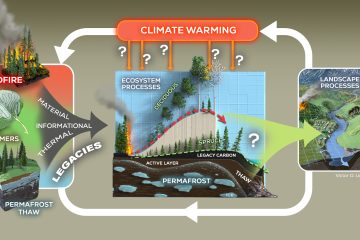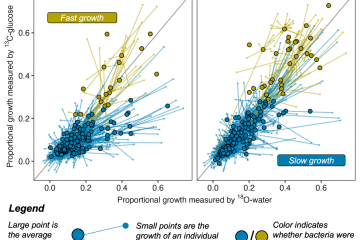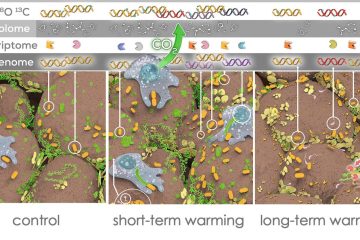Underestimated ecosystem carbon turnover time and sequestration under the steady state assumption: A perspective from long-term data assimilation
It is critical to accurately estimate carbon (C) turnover time as it dominates the uncertainty in ecosystem C sinks and their response to future climate change. In the absence of direct observations of ecosystem C losses, C turnover times are commonly estimated under the steady state assumption (SSA), which has been applied across a large range of temporal and spatial scales including many at which the validity of the assumption is likely to be violated. However, the errors associated with improperly applying SSA to estimate C turnover time and its covariance with climate as well as ecosystem C sequestrations have yet to be fully quantified. Here, we developed a novel model-data fusion framework and systematically analyzed the SSA-induced biases using time-series data collected from 10 permanent forest plots in the eastern China monsoon region. The results showed that (a) the SSA significantly underestimated mean turnover times (MTTs) by 29%, thereby leading to a 4.83-fold underestimation of the net ecosystem productivity (NEP) in these forest ecosystems, a major C sink globally; (b) the SSA-induced bias in MTT and NEP correlates negatively with forest age, which provides a significant caveat for applying the SSA to young-aged ecosystems; and (c) the sensitivity of MTT to temperature and precipitation was 22% and 42% lower, respectively, under the SSA. Thus, under the expected climate change, spatiotemporal changes in MTT are likely to be underestimated, thereby resulting in large errors in the variability of predicted global NEP. With the development of observation technology and the accumulation of spatiotemporal data, we suggest estimating MTTs at the disequilibrium state via long-term data assimilation, thereby effectively reducing the uncertainty in ecosystem C sequestration estimations and providing a better understanding of regional or global C cycle dynamics and C-climate feedback.


